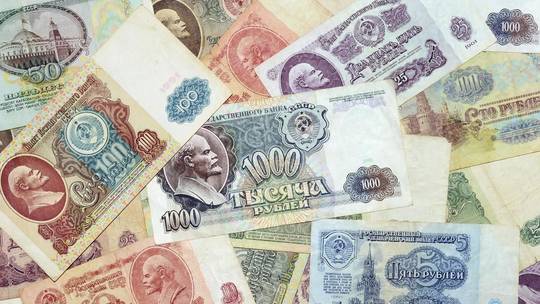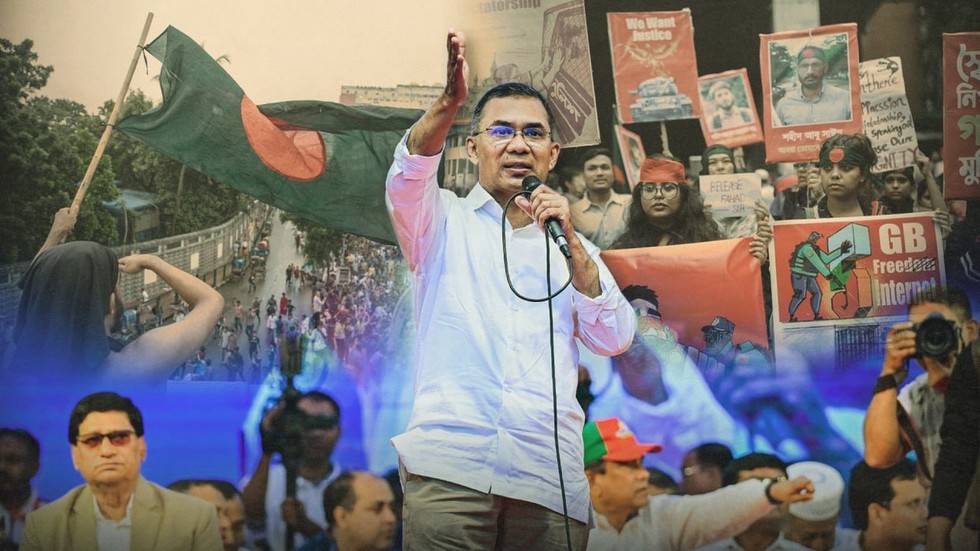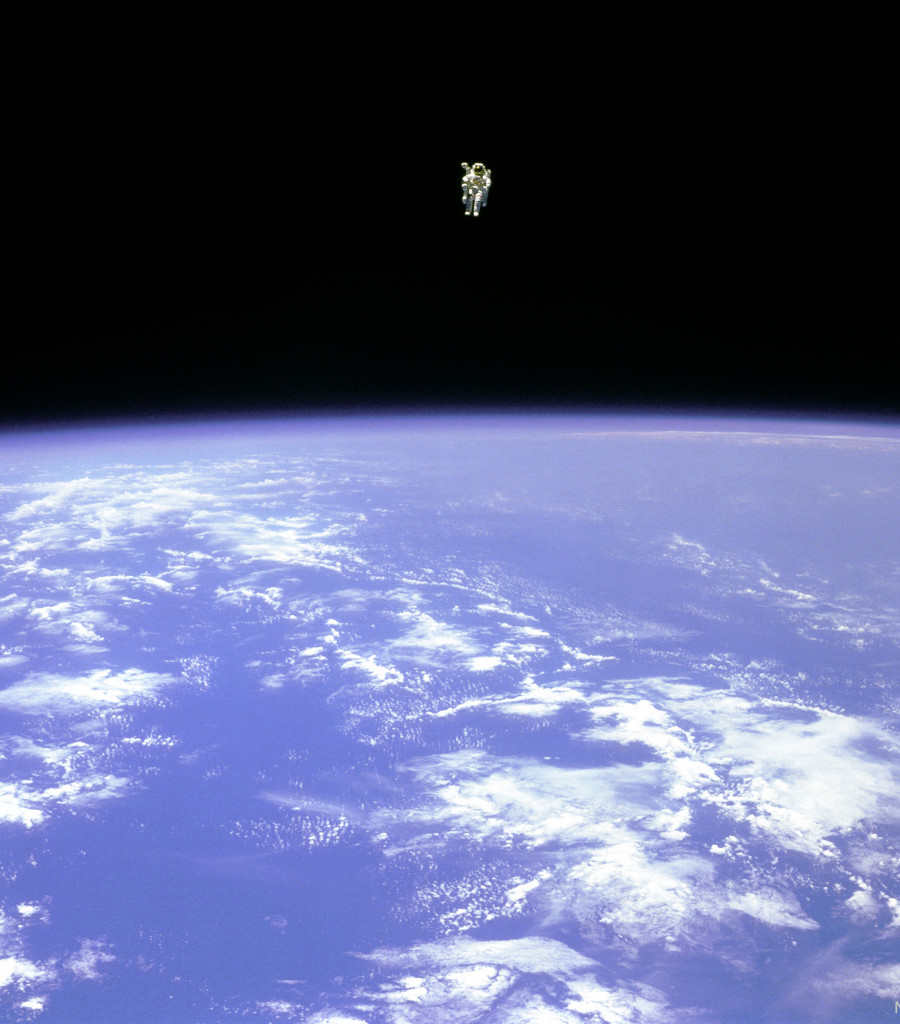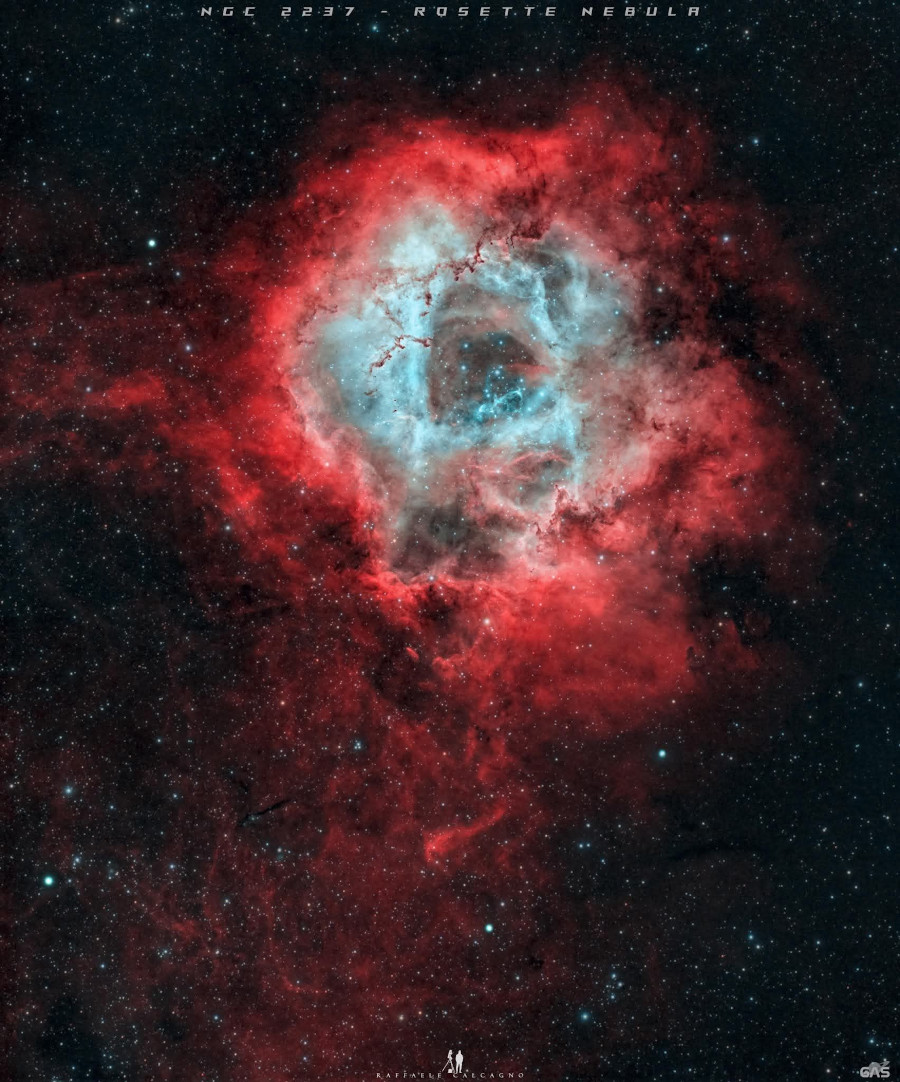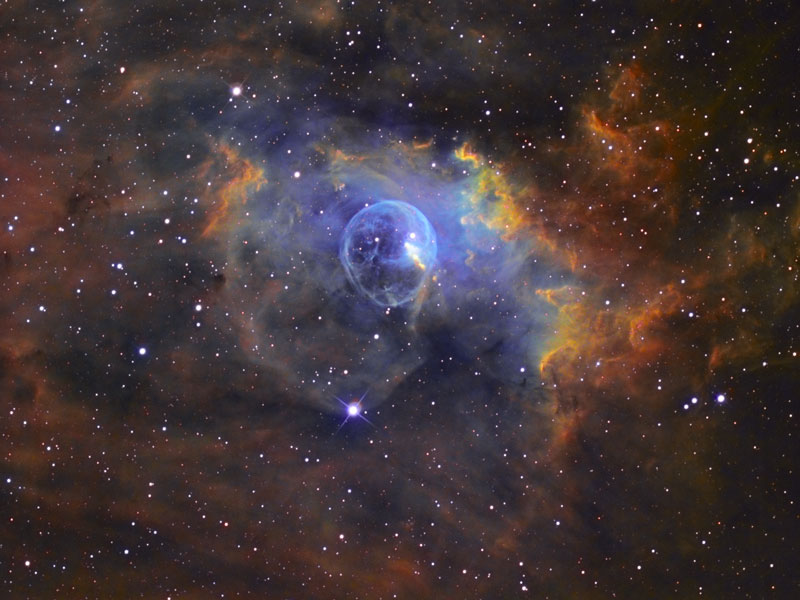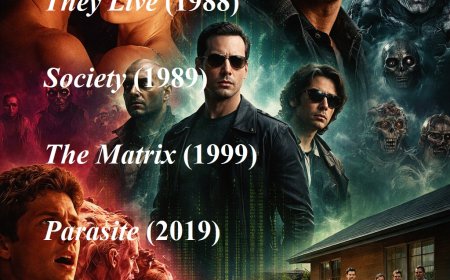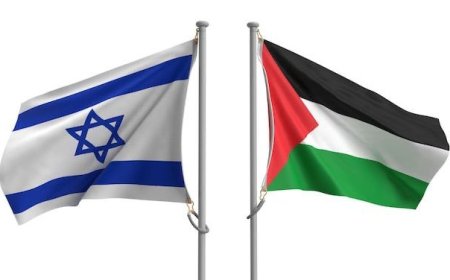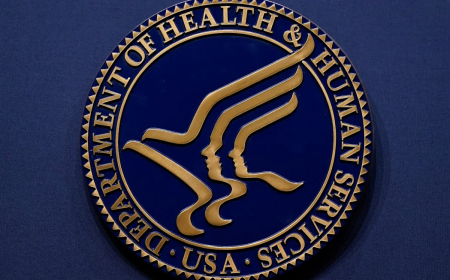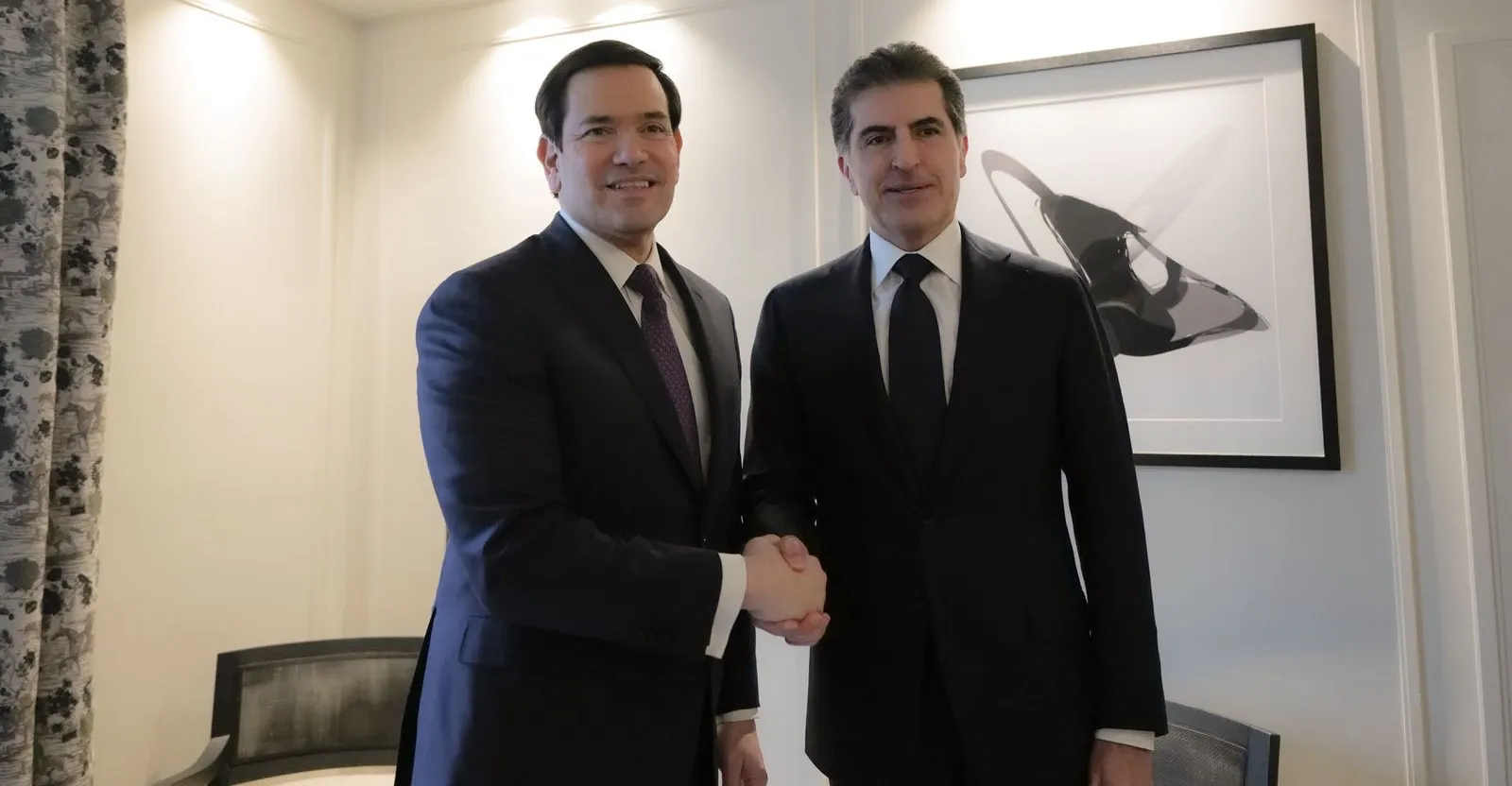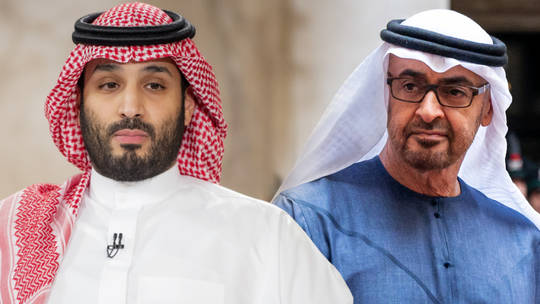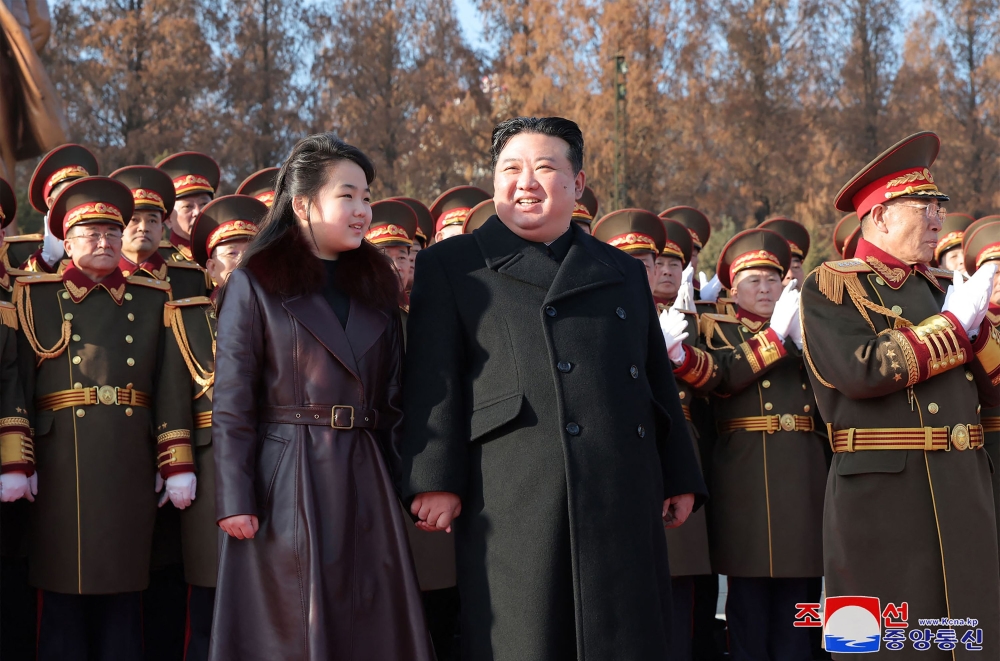America’s Political Deadlock and the Manufactured Fear of Muslims
Dr. Sirwan Abdulkarim Ali
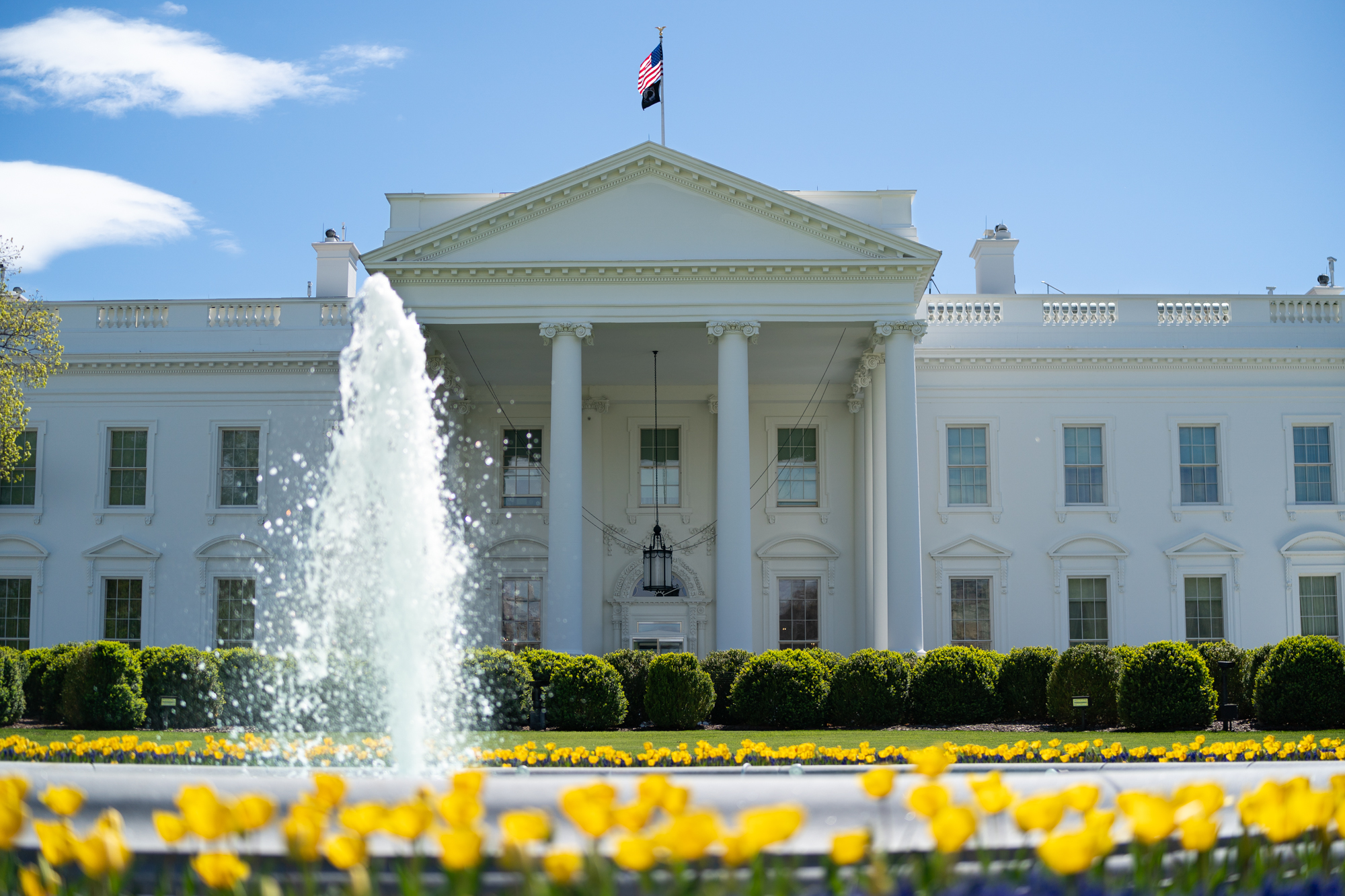
On November 4, 2025, New Yorkers and American citizens witnessed the election of Zohran Mamdani, a politician of Muslim background as the mayor of New York City. He is the 34-year-old son of immigrants and the youngest person to hold the office since 1892. What should have been celebrated as a milestone of democratic inclusivity quickly became a battlefield of cultural rhetoric. The defeated party and political rivals, unwilling to accept their loss, sought to reframe the victory as a “Muslim conquest,” implying that the new mayor’s faith or heritage signaled a hidden threat.
Through social media and partisan commentary, they attempted to link his identity to extremist or terrorist backgrounds, reviving old stereotypes and turning a civic event into a symbol of imagined cultural invasion. Yet, rather than being hailed as a triumph of diversity, his victory was distorted by waves of social-media hysteria. Online commentators spoke of “Sharia law in New York,” “Muslim conquest,” and “ISIS infiltration.” What might have been an American success story was turned into a cultural panic.
Such fear does not arise in a vacuum. It belongs to an old Western narrative; the literary and political myth of the Muslim other, a myth that once animated the Crusades, the Reconquista, and the colonial imagination of the East. From medieval epics to modern news cycles, the East has been cast as the eternal shadow against which the West defines its virtue and unity. But in the twenty-first century, this binary no longer hides foreign armies; it conceals internal fractures.
The real conflict in America today is not between Muslims and the West; it is within the United States of America itself. While social media trembles over a Muslim mayor, the U.S. government remains in paralysis. Since October 1, the United States has been in a full shutdown. Lawmakers failed to agree on a deal to fund essential programs, leaving 750,000 federal employees furloughed, millions without food assistance, and air travel disrupted across the nation.
Democrats and Republicans, locked in ideological combat, have rejected fourteen funding measures. Each side clings to its political purity: Democrats defending healthcare and social programs, Republicans demanding fiscal cuts and tighter controls. After forty days, this standoff has become the longest shutdown in American history; a symptom not of Muslim influence, but of a system that challenging and no longer governing itself.
This is the true battlefield; not between civilizations, but between political egos and institutional exhaustion. Yet the American imagination, steeped in centuries of East–West opposition, turns inward crises into external threats. When leadership falters, fiction fills the void. The “Muslim conquest” becomes a metaphorical scapegoat for a democracy in distress.
Culturally, this fear reflects the persistence of Orientalist narratives that divide the world into the rational West and the irrational East. But as the late Syrian philosopher Sadiq Jalal al-Azm (1934–2016) argued, such binaries are intellectually bankrupt. A professor of Modern European Philosophy at the University of Damascus and later at Princeton, al-Azm exposed both Orientalism and what he called “Orientalism in Reverse” - the tendency of some Eastern thinkers to accept the same essentialist oppositions, merely flipping their moral value.
Al-Azm refused to treat Islamic teaching as a single cultural or political essence. He saw Muslim societies as historically diverse and internally conflicted, shaped by colonialism, modernity, and local realities rather than theological uniformity. His ideas remind us that the “Muslim threat” haunting Western media is not an empirical truth but a narrative device; a way to dramatize anxiety and redirect blame.
In this sense, the fear surrounding the Mayor’s election is less about faith than about fiction. It is a continuation of the literary myth that began with Dante’s Inferno and echoed through colonial travelogues, orientalist paintings, and Hollywood scripts. The East remains a stage on which the West performs its own insecurities.
Every civilization, when facing moral fatigue, invents enemies to restore its sense of purpose. The United States, once imagined as the new Rome of liberty, now mirrors the late empire’s contradictions; wealth beside hunger, democracy beside dysfunction. The government shutdown, the polarization of Congress, and the erosion of trust in public institutions reveal a republic at war with itself.
In this climate, Islamophobia becomes politically useful. It provides an easy plotline for a restless public: if America suffers, there must be an invader to blame. Muslims, migrants, and outsiders are recast as the villains of a national drama that disguises political deadlock as moral defense.
But literature warns us that every empire built on fear eventually collapses under the weight of its illusions. The real conquest of America is not religious; it is psychological and institutional. It is the conquest of sarcasm over hope, of spectacle over substance. When government ceases to function, the vacuum is filled by myth.
From a cultural standpoint, the West’s fixation on the “Muslim threat” also betrays a deeper identity crisis. The “East” has always been the West’s mirror; its imagined opposite, against which it defines its own reason, modernity, and freedom. Yet globalization, migration, and digital interconnectedness have blurred this line. The Muslim is no longer “elsewhere”; he is the mayor of New York, the doctor in London, the neighbor in Paris.
The New Yorkers’ decision in this election, therefore, is not a “conquest” but a symbol of historical convergence; the end of a thousand-year fiction that separated East from West. The panic it provokes is the panic of a society confronting its own pluralism. What threatens the United States today is not a mayor of Muslim background, but institutional decay. The government’s inability to agree on basic spending, the manipulation of public fear, and the widening gap between power and people all suggest a system losing coherence. Civilizations fall not because of foreign faiths but because they exhaust their moral imagination.
To restore balance, Americans must rediscover what it once symbolized: not the fortress of the West, but the promise of democratic inclusion. The only lasting remedy to fear is justice; the only antidote to polarization is truth. The hysteria surrounding Zohran Mamdani’s election reveals the enduring literary and cultural power of the East-West myth. Yet, in truth, there is no Muslim conquest—only an American reckoning. The nation that once claimed to lead the “free world” now struggles to keep its own government open.
As Sadiq al-Azm taught, the world cannot be divided into fixed camps of “us” and “them.” What we are witnessing is not a clash of civilizations, but a collapse of imagination. The real battle is not over religion or territory; it is over meaning, truth, and the courage to face one’s own reflection without inventing an enemy.
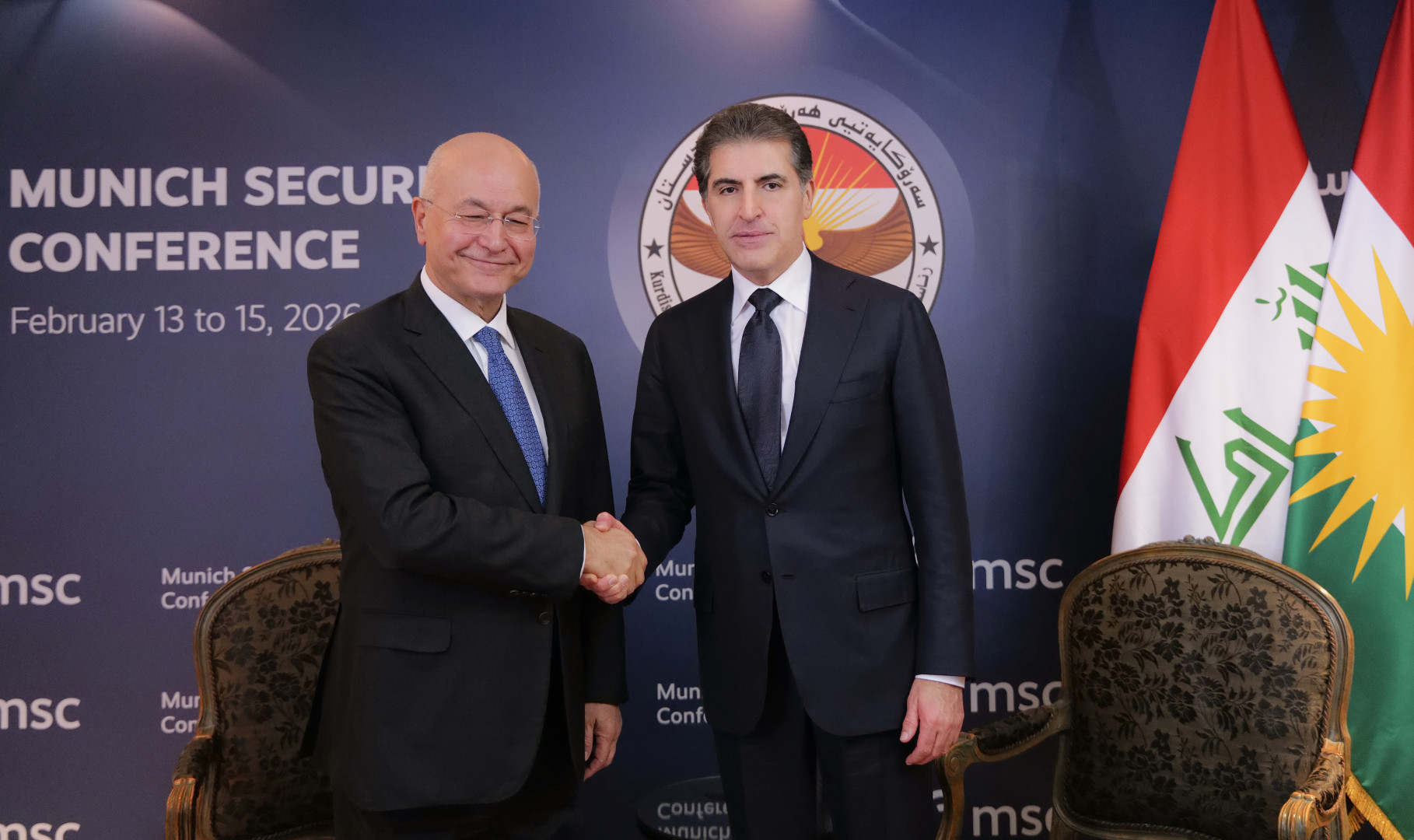

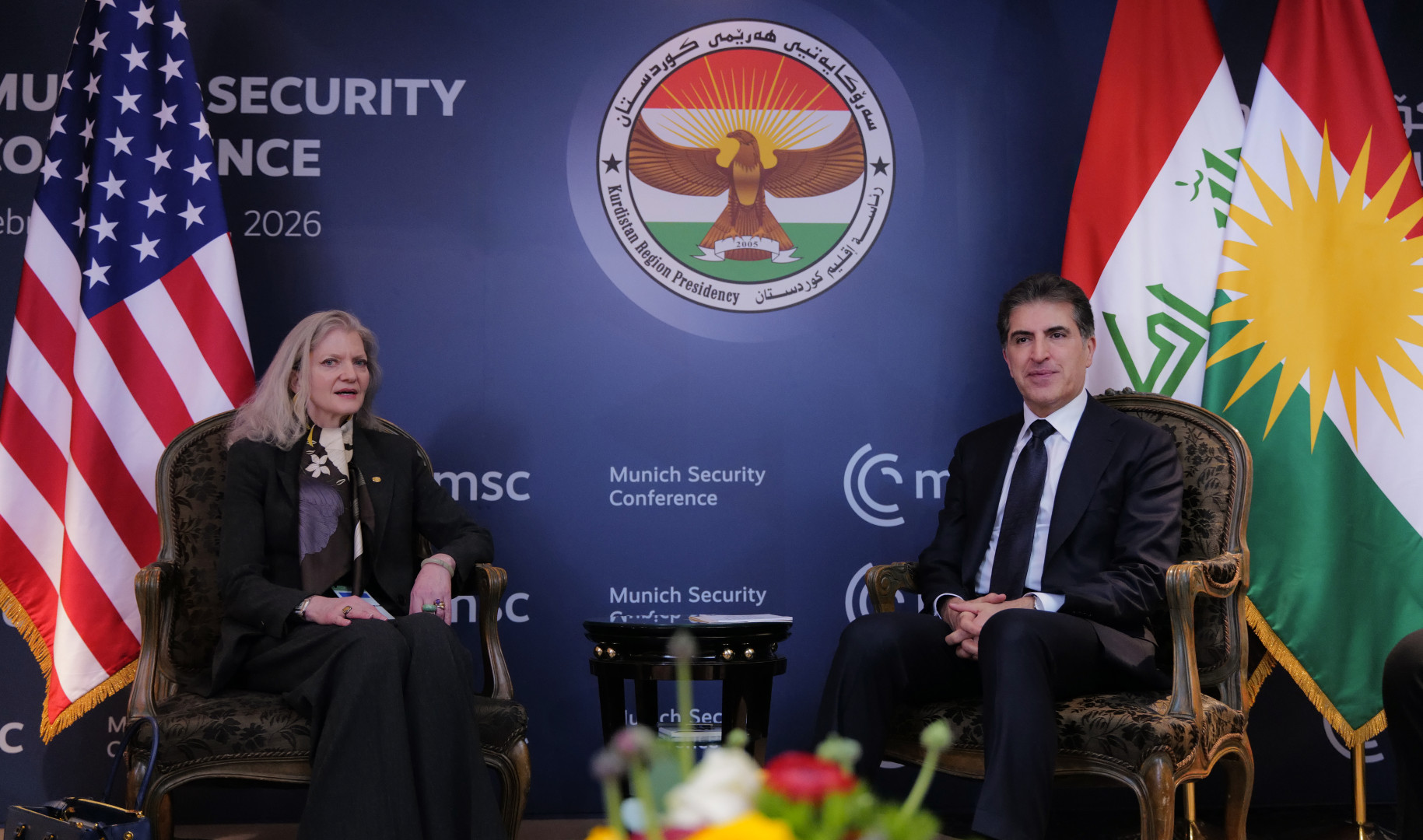



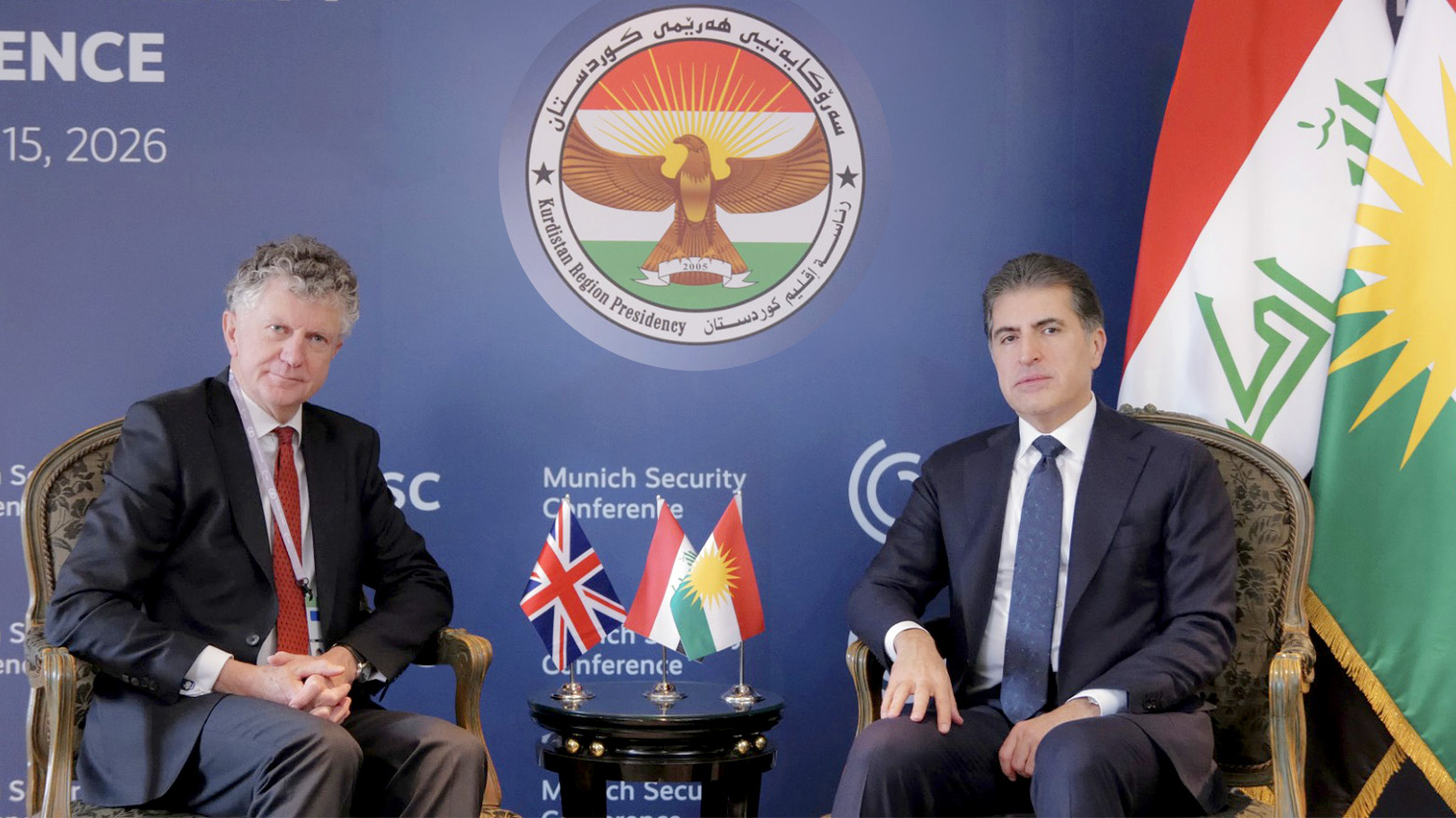


/file/attachments/orphans/AWS_Data_Center_Interior_4_838807.jpg)

